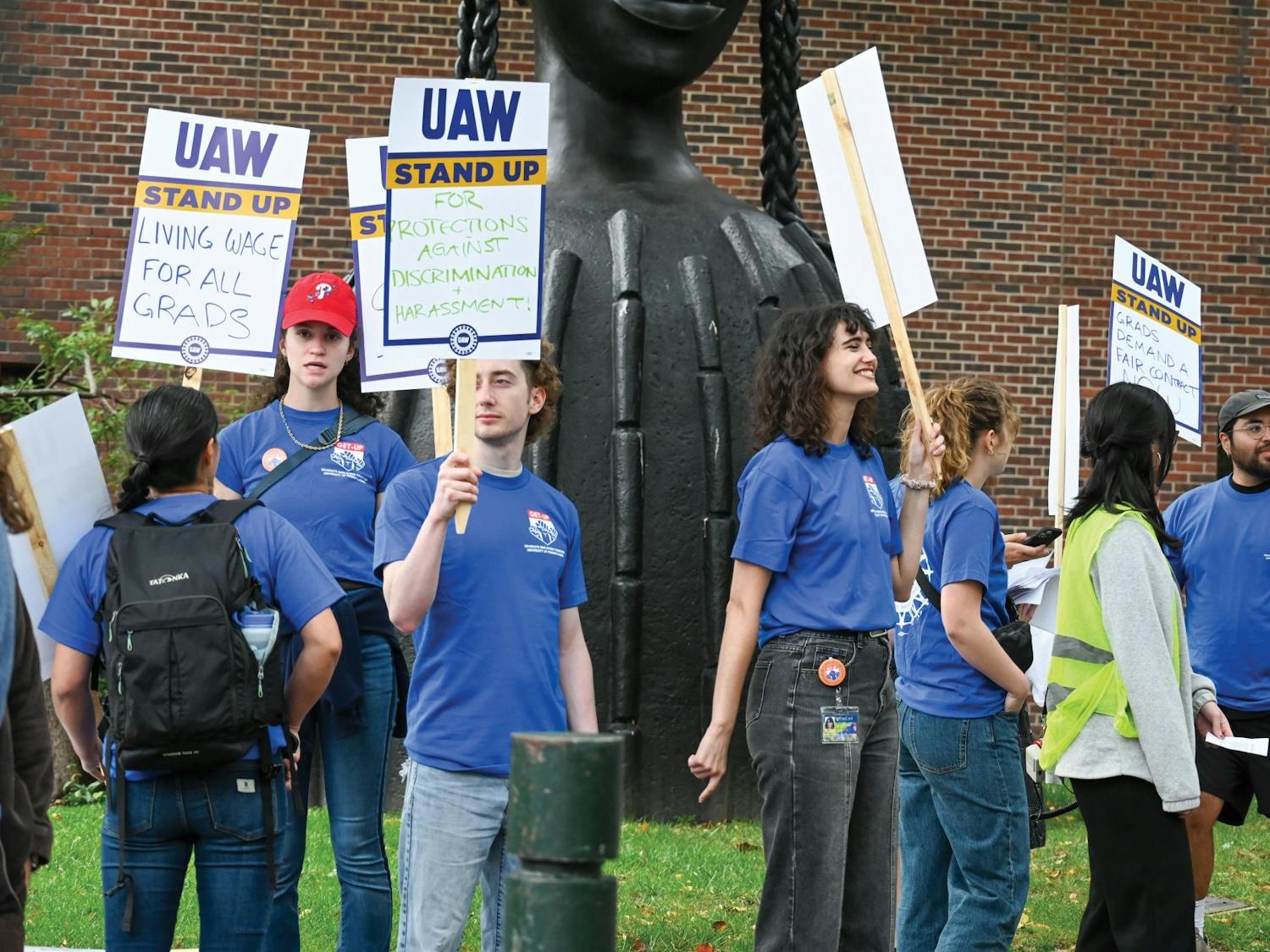Calls for stop to S. Africa ban University Council voted unanimously yesterday to suggest repealing the 12-year-old ban on investment in companies doing business in South Africa. The motion, which urges the University Board of Trustees to reverse the University's divestment policy, was presented to Council by Faculty Senate Chairperson Gerald Porter. "Things in South Africa have fortunately changed for the better over the past 12 years," Porter said. "I think it's now appropriate for the University Council to pass this resolution." As one of the most important reasons to repeal the University's ban, Porter cited African National Congress President Nelson Mandela's request in September that the international community lift all sanctions. In December 1981, Council passed a motion calling for the University to "divest of all stocks and firms with substantial investment...in South Africa." The Trustees subsequently approved this motion, which remains in effect today. Yesterday, Council quietly repealed their motion, without much discussion on the issue. The same subject spurred heated debates when discussed 12 years ago. Interim President Claire Fagin said after the meeting she fully supports Council's decision. "I think it's wonderful," she said. "Now, if the Trustees make their decision [to repeal the ban], they have a vote of confidence from the University community behind them." Stephen Heyman, chairperson of the Trustees' Committee on University Responsibility – the committee which handles the University's divestment policy – said this week he supports the Council's decision. Heyman said that in light of recent changes in South Africa, the University, like the rest of the world, should reverse its divestment policy. He said he has asked the Board of Trustees to reconsider the validity of the University's divestment policy in October and he expects the Trustees will repeal the ban during the next two Trustees meetings. Heyman said, however, that even if the University began reinvesting in companies doing business in South Africa tomorrow, the market might not be as lucrative as it once was. He said many foreign business have taken over American investment gaps in South Africa over the past several years. In other Council business, Fagin said she expects to have her decision on whether or not to suspend Part II of the University's racial harassment policy early next week. While she apologized for the delay in making her decision on the so-called "speech code," Fagin said it is a decision she should not rush. "This is an issue where there's no way for everyone to be happy," she told Council. "[Interim] Provost Marvin Lazerson and I feel that such an issue that should take this long." Also during the meeting, Lazerson discussed the delay in the building of the Revlon Center, reiterating that he and Fagin have decided the plans for the building were too expensive. In other business, Bookstore Committee Chairperson Stephen Gale made a recommendation asking Council to support the idea of turning the empty Theta Xi fraternity house into a bookstore/coffee house. Gale said the bookstore/coffee house would temporarily replace a meeting place function of the Revlon Center. After the meeting, Executive Vice President Janet Hale said it would cost between $300,000 and $400,000 to make the building usable. Council passed no motions on the issue. Council members also listened as Undergraduate Assembly member Kirsten Bartok presented the Student Task Force on Academic Integrity's recommendations to improve academic integrity. Members discussed the proposals, which include requiring student honesty pledges and the creation of an independent publication of the Code of Academic Integrity. Council passed a motion to delay taking action on the specific recommendations.
The Daily Pennsylvanian is an independent, student-run newspaper. Please consider making a donation to support the coverage that shapes the University. Your generosity ensures a future of strong journalism at Penn.
Donate







